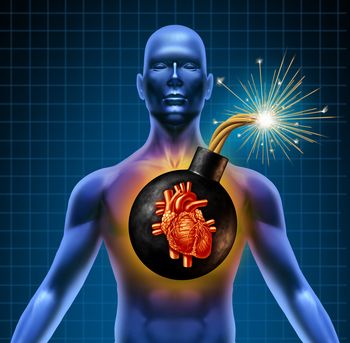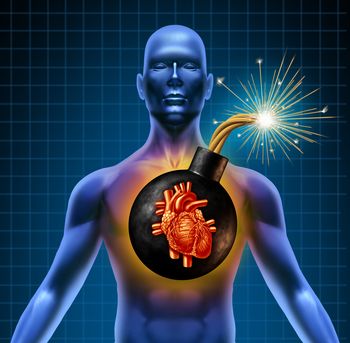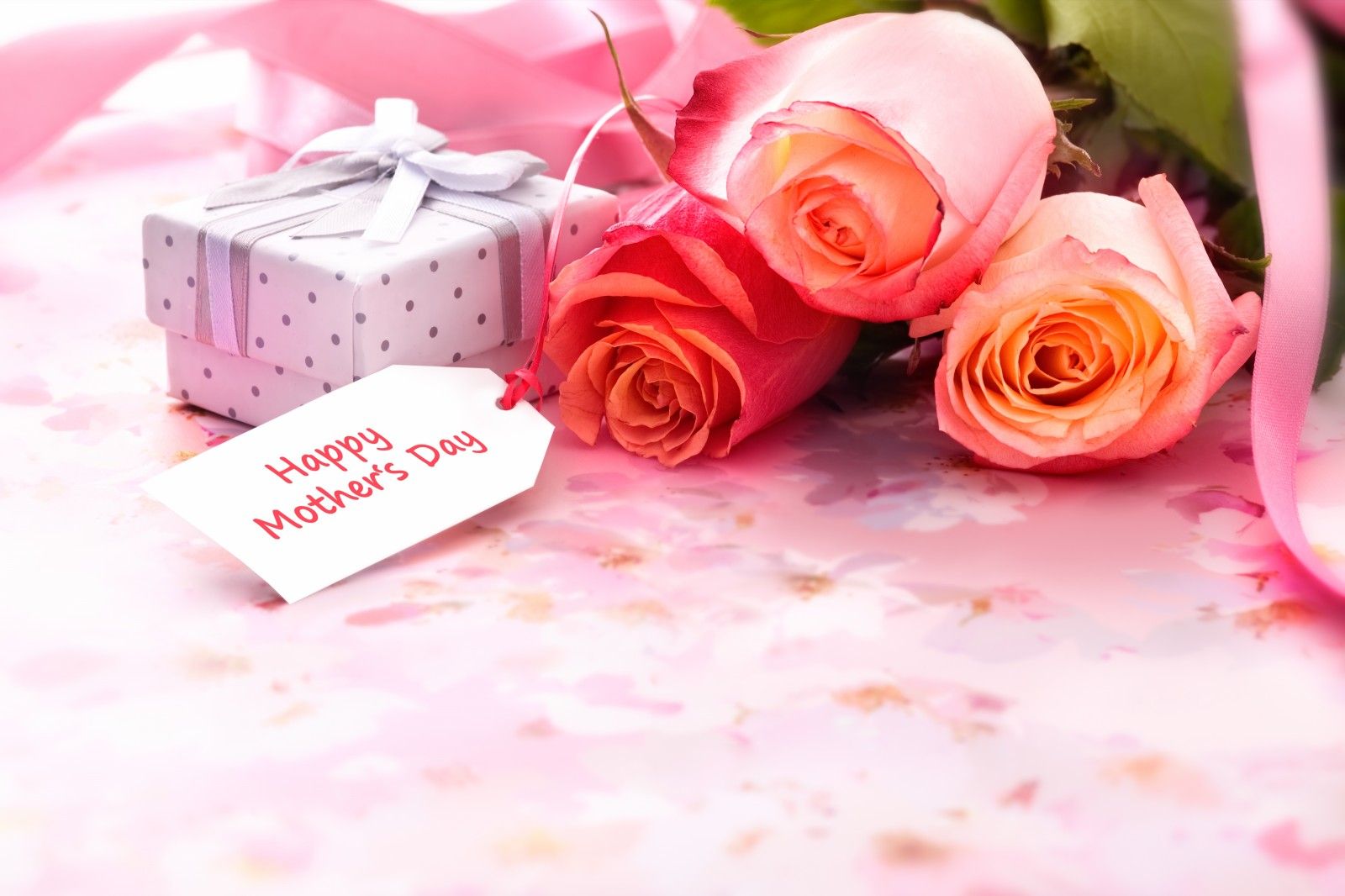Tips to Relieve Caregiver Stress
Caregiving for the elderly in the home can be overwhelming. Learn about elder care stress relief and how a proactive approach with planning and organization can save time, energy and money. Get tips on how to get all paperwork and legal papers in order, and avoid unnecessary stress.

Care for the elderly in home can be overwhelming. Caregiver stress relief it is important for the caregiver. .
Understanding Caregiver Stress: A Guide to Recognizing and Managing the Physical and Emotional Strain
Providing continuous care for another person can take a toll on your well-being. Caregiver stress is a real and serious issue that can lead to physical and mental health problems if left unaddressed.
Recognizing the Symptoms: Physical and Emotional Signs
As a family caregiver, it's crucial to be aware of any negative symptoms you may experience. Physical signs of caregiver stress include headaches, fatigue, sleep disturbances, weight changes, and substance abuse. Emotional signs may manifest as moodiness, persistent sadness, loss of interest, and feelings of loneliness or isolation.
The Long-Term Impact: Health Consequences to Watch Out For
Extended periods of stress can have detrimental effects on your health. Serious mental health issues, a weakened immune system, digestive problems, addiction, increased risk for chronic diseases, and cognitive impairment are common long-term symptoms.
Seeking Help: Support and Solutions for Caregivers
If you or your loved one are showing signs of caregiver stress, it's important to consult with your doctor. They can provide guidance on managing your symptoms through medications, holistic remedies, therapies, and more.
Understanding the Causes: Financial Strain, Role Changes, and Self-Care
Financial strain, altered relationship dynamics, and neglecting self-care are common causes of caregiver stress. Caring for a loved one often comes with significant financial burdens, emotional adjustments, and a tendency to prioritize the care of others over oneself.
Prioritize Self-Care: Taking Care of Yourself is Essential
Remember, prioritizing your own physical and mental well-being is crucial to being an effective caregiver. Giving yourself the care you need is not selfish but rather an essential part of providing quality care to your loved one.
Tips for Managing Caregiver Stress
As a caregiver, it's natural to feel overwhelmed and exhausted. But there are practical techniques you can use to manage your stress and regain control. We've gathered tips from real caregivers and thought leaders to help you deal with the pressure. Here are the top strategies:
Complete Small Tasks for a Sense of Control
When everything feels chaotic, focus on completing small tasks like doing laundry. It may seem insignificant, but creating order out of chaos can give you a sense of control and satisfaction.
Prioritize Proper Nutrition
During stressful times, it's easy to neglect healthy eating habits. However, taking care of your body is crucial. Avoid skipping meals or turning to alcohol. Instead, make time for balanced meals and snacks throughout the day. Check out our list of stress-relieving foods for ideas.
Get Adequate Sleep
With a million things on your mind, sleep may suffer. But your body and brain need time to recharge. Aim for 7-9 hours of quality sleep each night to allow for muscle relaxation, tissue repair, and energy restoration.
Incorporate Exercise
If you're physically capable, regular exercise is a great way to relieve tension. It releases endorphins, improves mood, and helps maintain a healthy weight. Find an activity you enjoy, whether it's walking, gardening, or swimming. Take breaks and ask for help with caregiving responsibilities if needed.
Try Meditation for Calm and Balance
Meditation promotes a sense of calm and balance for both mind and body. Focus on your breath and let go of anxious thoughts. You can meditate anywhere, from a doctor's office to a bus ride.
Embrace Adult Coloring
Coloring books aren't just for kids. Engaging in mindful coloring has become popular for stress reduction. Plus, they're easily portable!
Have a Healthy Dose of Laughter
Laughter lightens your emotional load and has physical benefits. It enhances oxygen intake, relieves mental stress, and soothes tension. Watch a funny movie or call a friend who always makes you laugh.
Stay Socially Connected
Spending time with friends and family is a well-known stress relief tactic. It improves mental health, boosts the immune system, and may lower the risk of dementia. If meeting up isn't possible, video chat or make phone calls for similar positive effects.
Start Journaling for Emotional Release
Writing down your thoughts and feelings can provide a release for pent-up emotions. It offers perspective and allows you to list out the positives in your life. Don't go through your caregiving journey alone.
Remember, managing caregiver stress is important for both you and the person you're caring for. Incorporate these tips to prioritize self-care and find balance in your role as a caregiver.
Get Organized
Taking a proactive approach with the aging adults in your life will: Save you time
- Energy
- Money
- And A LOT of unnecessary stress.
Of course, it is always best to plan for the unplanned emergency
Get all paperwork and legal papers in order. Do this while the aging adult in your life is still well. and cognitively intact. It is not always possible.
Be Prepared for an Unexpected Trip to the Emergency Room
Many families are unable to have the necessary discussions. Many are in denial insisting that everything will be fine. Then, one day, a phone call comes in. Its the local hospital. Your aging loved one is in the emergency room and the news is not good.
There is a rush to the hospital. The healthcare professionals have many questions that you are unable to answer. While your aging loved one is in the hospital, you now are left to look for important papers. And do other things like pay the bills for your loved one.
You may even have to make serious life altering decisions. Under duress. Because these were subjects that just are not discussed. This is an everyday occurrence in every hospital in the country. Families are faced with the stress of making decisions they are unprepared to make. Provide information they must research.

Many start writing things on scraps of paper.
There is the:
- “To do” list
- The appointment list
- Names and numbers of healthcare providers
- Your own schedule
- Your families schedule.
Care giving can be overwhelming. It can cause an incredible amount of unnecessary stress.
Avoid unnecessary caregiver stress. Care for the elderly in home requires planning and organization.
The key to survival is planning and organization.
Planning is important as we age. We all want to maintain control, independence and our dignity as we grow older.
Be proactive. Discuss the important issues with your loved ones. Putting your wishes in writing, gives the aging adult control over their lives. Even when they can no longer speak for themselves. Organization is important. There are so many aspects of our lives that we take for granted. When you care for the elderly in home, it is important to have things in one place. And have information easily accessible to make life easier.

The first step is to write things down.
When you start your caregiver’s journey, have a notebook and pen with you at all times.
Stress causes distractions and you may tend to forget things.
It is important to get all the:
- Medical
- Legal
- Financial
- Home maintenance
- Religious
- And social information together. Put in an accessible place.
More on caregiver stress relief
Create a Home Health Care Notebook
The medical information is important. Good record keeping can delay time wasted when treatment is necessary.
Good record keeping can also prevent another invasive or painful test being performed.
It is important to have the :
- Name
- Telephone number
- Address
And specialty of each health care provider that cares for your aging loved one.
Develop a master schedule. This is to keep track of:
- When medications need to be reordered
- Appointments are scheduled
- When the trash it to go out etc.
It sounds silly, but caregiving is intermittent, unpredictable and overwhelming at times. It is easy to get distracted and forget something.
Develop a file system. Sections for filing will be medical bills, legal papers, resources, and financial papers. Paperwork can pile up, so make a file for things that will need to be filed. When things get overwhelming, filing may be a task to delegate to another family member.
Keep a log of those that you talk with in regards to the care of your aging loved one.
A call log with the:
- Name of the individual you spoke with
- Date and time
- A brief snippet what the call was about
This is important in case something is missed or care is delayed.
Make copies of :
- Medical bills
- Medication scripts; if you are mailing them
- Insurance claims
- Anything that you are mailing out
- And any important legal documents.
Always have a backup plan in place. If there is an emergency, or if the primary caregiver is suddenly ill... there must be an alternative plan in place for someone else to step in.
Expect that life will have many unplanned events. Try and prepare for the unexpected.

Avoid caregiver stress by being prepared. Care for the elderly in home requires one to be very organized.
It is important to:
- Ask questions
- Make sure you understand the answers so that you can learn
- Plan and be organized for those unplanned life events.
If you’re caring for someone at home, you are either the adult child or the spouse of a loved one. Many are caring for someone with dementia.
Like many other people in your position you probably worry, “What happens if I get sick and can’t provide for my mom/dad. For many people stress plays a large part in maintaining your health.
The Benefits of Building a Care Team Partner Support Group
Having a support system in place can greatly reduce stress and the feeling of being overwhelmed. By creating your own network of helpers, you can lead a more productive, active, and fulfilling life while navigating the early stages of your disease.
Instead of scrambling to find help during an emergency, it is much more effective to have a well-planned approach in place. This will give you and your caregivers the peace of mind that the assistance you require will be readily available when you need it. In our How to Become a Patient Care Advocate Course, we teach you how to create your care team partner team.
Alzheimer Caregiver Stress Is Chronic Stress
First, let’s look at chronic stress. Alzheimer caregiving stress, for example, is considered chronic stress. It’s the result of constant exposure to... circumstances and conditions often beyond your control. That causes a hyper-alert state.
You’re frequently dealing with unpredictable and/or volatile situations and irrational behavior. To compound the problem, you are often without reliable recourse. One that is dependable and consistent. Living under such difficult, emotional pressure has long-term effects on your mental health. Like clinical depression.
It also has bearing on your physical heath.
Research shows people who suffer from chronic stress, are at much greater risk for:
- Heart attacks
- Strokes
And even cancer than others in their age bracket.
In fact, according to the Alzheimer’s Association... 50% of caregivers die before the person they are caring for.
It’s theorized that chronic stress, weakens the physical body. And dampens the immune system. This is the main culprit for this high mortality rate.

What Happens Physically During Caregiver Stress?
First realize that stress is not an emotional state. But rather a physiological reaction that occurs in your body. Doctors refer to it as the hypothalamic pituitary axis. The connection between the hypothalamus, pituitary and the adrenal gland.
These three ‘elements’ work together in a stressful situation. They put the body into a heightened state of preparation . This is overcome a potentially life threatening event. This stress reaction is actually a left over from a survival mechanism called... “Fight or Flight.”
When faced with tremendous stress... where survival might hang in the balance... Humans have one of two instant reactions. Run from the situation (flight) or meet the challenge head-on (fight).
How a person reacts will differ from one to the next. But the thing that is consistent is the hypothalamic pituitary axis (HPA) itself.
Everyone under stress has the HPA system which regulates:
- Blood Pressure
- Heart Rate
- Body Temperature
- Blood Circulation
- adrenaline
- Among many other activities
When stress becomes great, the HPA system takes over in a matter of seconds. Blood circulation is diverted from the extremities to internal organs.
Adrenaline is secreted in massive amounts for instant energy.
The adrenal gland starts producing and releasing steroid hormones. This is the primary stress hormone, cortisol.
This hormone travels to all areas including:
- Heart
- Lungs
- Circulation
- Metabolism
- Immune systems
- Skin.
Now, if a bear in the wild (or a thug on a street city corner) attacks you, then this HPA system can literally be a lifesaver.
But here’s the problem... as it relates to caregiver stress.

When stress becomes routine, this constant biochemical release, over time... actually harms the body.
Such as:
- Decreased immune system
- Greater chance for infection and disease
- Digestive tract problems like ulcers
- Lung problems like asthma
- Heart disease, which causes strokes and heart attacks
The HPA system is an intelligent design within the human race. The problem is it doesn’t automatically distinguish caregiver stress.
That is continuous, day after day, from a bear attack, which is temporary. That means the stress that caregivers endure is chronic. So, more debilitating to the human body.
The good news is there are ways to combat its effects.
Stress Management
How Does Stress Management Help with caregiver stress?
Good question!
And that’s the main purpose of this website. Because caregiver stress is practically unavoidable.
But we can minimize it as much as possible.
There are two ways to do that:
- Seek out and learn about as many services, programs and products as possible. Armed and educated... we can choose the ones that will save us money, or save us work, or help us be better at what we do for our loved one.
- Find ways to lessen our remaining stress, turn off that HPA system, enjoy life, and find better ways to cope.
Proven relaxation techniques include:
- Utilizing Adult Day Care
- Asking Friends and Relatives for help
- Listening to Music
- Going to the Movies
- Humor
- Massage Therapy
- Going for a Walk
- Exercise
The bottom line is simple…if you don’t accept help or address your stress, your HPA system will tear down your body.
With 50% of all caregivers dying or becoming seriously ill ... before those they care for... it’s important that as caregivers you make sure that care includes yourself too.
If you end up as one of the 50%, you won’t be there for your loved one. Defeating your original commitment to your loved one.
So always take some time to focus on you.
That’s why at www.caregiverreleif.com you will find :
- Guided imagery CD’s
- Prayers
- Inspirational quotes
And links to other sites that are humorous or relaxing.
They’re all designed to help you – the caregiver.
Most of all, for lasting results, we recommend guided imagery. Be sure to visit our other pages as well. You’ll find options for hands-on training. And guidance in reliving your caregiver stress.
You might also like this article:




